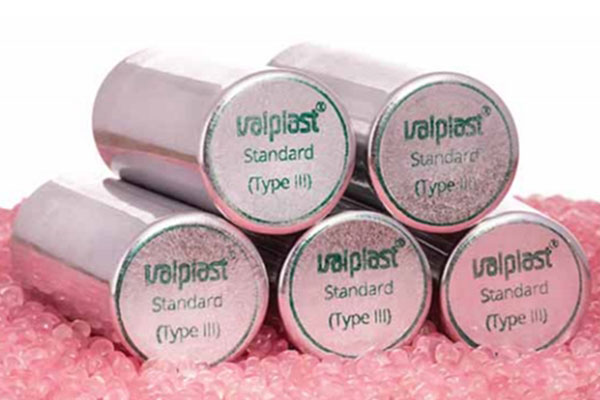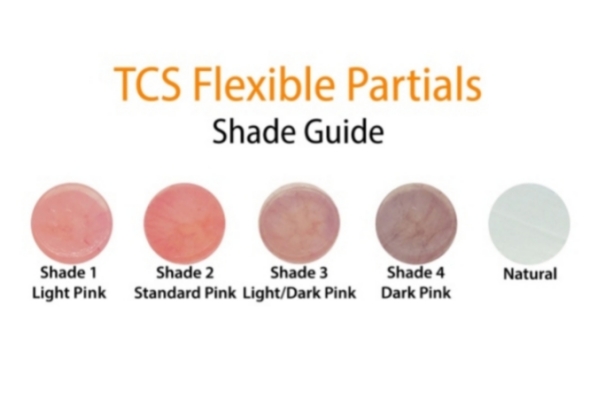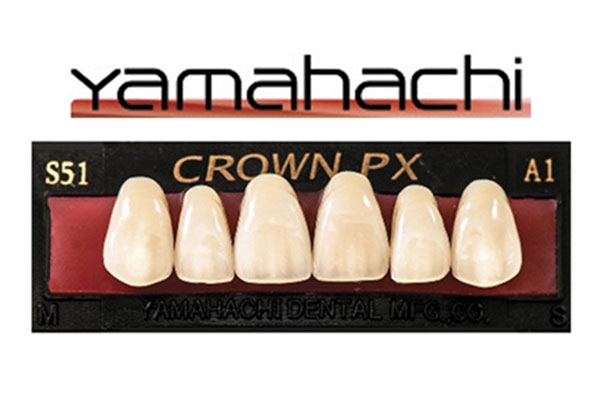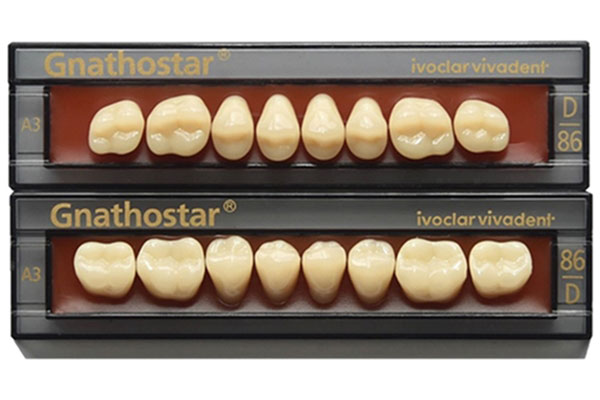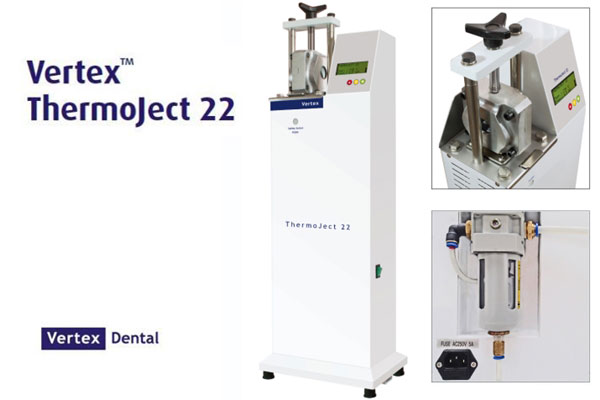Flexible Denture Lab from China
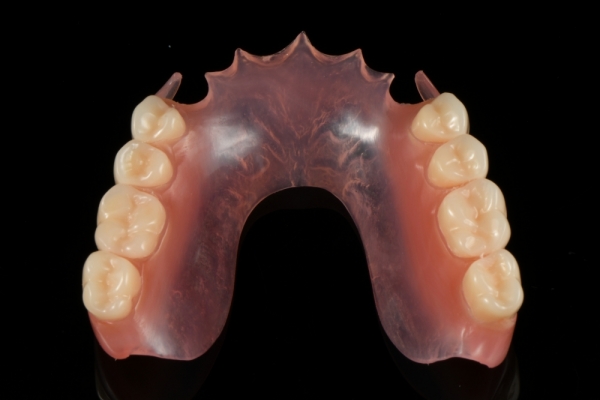
Robust Flexible Denture
A flexible denture is made of softer materials, such as nylon, or other thin thermoplastics. This makes them easier to bend and flexible. Since flexible dentures are meant to be thinner and lighter in weight, they normally cannot be full dentures. That’s why we usually call them flexible partials.
With its flexible specialty, flexible partials can have flexible clasps for retetntion, which makes them look and function like your natural teeth. Therefore, they are very popular among old and young patients. Actually, many yong patients use them for their temporary teeth after having placed implants.
Flexible Denture Lab Equipment & Material
Robust Flexible Denture Specification
| Product: | Flexible denture |
| Flexible denture base: | TCS from USA |
| Flexible denture base: | Valplast from USA |
| Standard acrylic resin teeth: | New Ace, Yamahachi from Japan |
| Premium acrylic resin teeth: | Gnathostar, Ivoclar from Liechtenstein |
| Way of manufacturing: | Traditional way |
| Warranty: | 1 year |
Flexible Denture FAQ Guide
1. What types of Flexible partials does Robust dental supply?
In Robust dental, we have different colors of flexible partial base. They can be regular pink, light dark, medium dark and deep dark, This helps match gum colors for different patients, so they can have a natural smile.
Normally, there are 2 main material types of Flexible partials. They look and function pretty much the same, but the materials come from 2 different companies, which is Valplast and TCS. Both of them are from the USA.
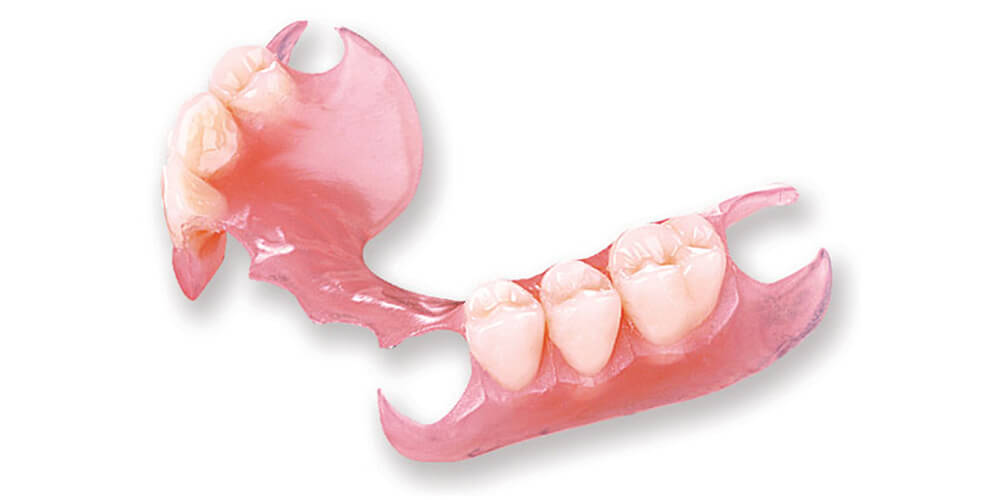
2. What are the advantages of Flexible Partial Dentures?
Flexible partial dentures have the following benefits:
- As they don’t require metal clasps, they have no unsightly metal parts.
- The thin and flexible thermoplastic resin material makes them more comfortable to wear and chew.
- They’re less likely to cause irritation.
- Due to the undercuts in the alveolar (bone) ridge, they are easier to place and stay in the mouth.
- There is no risk of allergic reaction with flexible dentures.
- They’re less likely to break when dropped.
3. What are the disadvantages of Flexible Partial Dentures?
Felxible partials are elastic, but they have the following disadvantages:
- They don’t replace all your teeth, so they only work as partial dentures. If you need full dentures, you need to use acrylic.
- They are much more difficult to adjust. If it cracks, you will have to make a new partial.
- You cannot add teeth into flexible partial base. Even if resin teeth are added, they might come off easily.
- They don’t last long. Normally, a flexible partial should be replaced in every 2 years, even under the right care.
- Some materials may experience color degradation over time.
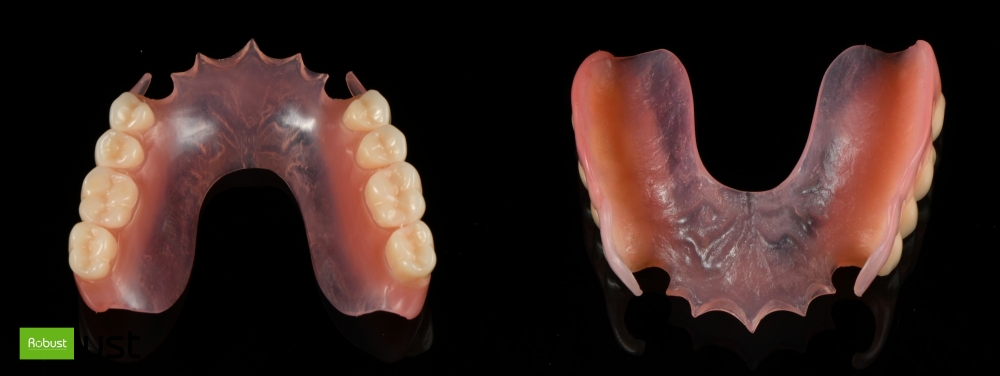
4. How to Clean Flexible Dentures?
Dentures need to be cleaned and cared for, just like natural teeth. Follow these steps to keep flexible dentures clean:
- Before you start cleaning your flexible dentures, fill the sink with water or stand on a folded towel in case you accidentally drop your dentures on the floor.
- Now, take your elastic dentures out and wash them in cold water.
- Next, wet your denture toothbrush (a regular soft-bristled toothbrush will work just as well), use a denture cleaner or non-abrasive toothpaste, and start brushing your soft denture lightly to remove food debris, any remaining Denture adhesives, and plaque.
- When you’re done, rinse your soft dentures one more time with lukewarm water.
5. Are Flexible Dentures Right for You?
Dentures are very personal and your needs may be different from others. You may prefer to have other options, such as dental implants. However, if you are considering partial dentures, then you may need a flexible denture if you
- The teeth are tilted and hard dentures are found difficult to insert
- Allergy to acrylic
- There are irregular bone ridges that cannot be fixed
- Limited mouth opening.
